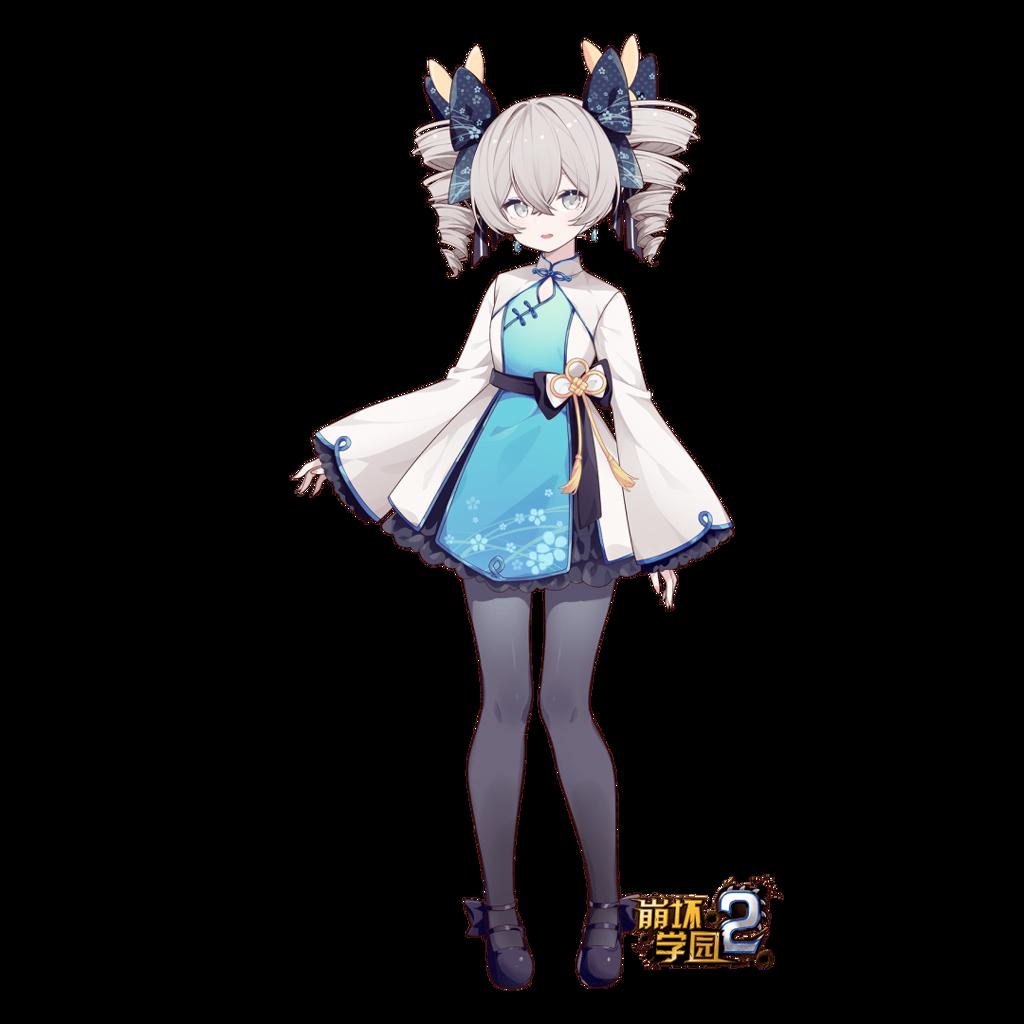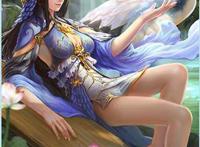【中英对照】墨香铜臭《天官赐福》中的古典文化意象探源 (彩蛋篇)(3)
2.谷子作为一个词,在中文中是粟的俗称。)
2. Guzi is the pinyin of millet.)
2. 血社火、贺玄、黑水 Blood Shehuo, He Xuan, Hei Shui
贺玄的家乡博古镇有血社火表演,而血社火只流行于陕西宝鸡一带;南北朝孝文帝迁都洛阳,将鲜卑贺兰姓改为汉姓贺氏,因此贺姓的起源地之一也在陕西;内蒙古的古丝绸之路上有一座黑水城遗址,与陕西相隔也不远。
In He Xuan’s hometown, Bogu Town, there is performance of Blood Shehuo. In reality, Blood Shehuo is only popular in Baoji City, Shaanxi Province. In the Northern and Southern dynasties, Emperor Xiaowen moved the capital from PinGCheng to Luoyang and changed Helan, a surname of Xianbei Nationality, to He, a surname of Han Nationality. So one of the origins of the surname He is in Shaanxi. There is a relic of Heishui City on the part in Inner Mongolia of the Silk Road, not very far from Shaanxi Province.
3. 花城 Hua Cheng
花城笔画十六画,而搜姓名画数的含义,有个对十六画的判词就是:
The number of strokes of Hua Cheng is 16. When searching for the meaning of the number of strokes, there is a judgement says:
十六画雍容厚重。
16 strokes imply graceful and dignified.
此数有【逢凶化吉】、【遇难呈祥】、【气度雍容】、【福泽绵长】之象。
This number has the meanings including turning calamities into blessings, turning danger into safety, elegance and gentility, and good fortune lasting long.
2. Guzi is the pinyin of millet.)
2. 血社火、贺玄、黑水 Blood Shehuo, He Xuan, Hei Shui
贺玄的家乡博古镇有血社火表演,而血社火只流行于陕西宝鸡一带;南北朝孝文帝迁都洛阳,将鲜卑贺兰姓改为汉姓贺氏,因此贺姓的起源地之一也在陕西;内蒙古的古丝绸之路上有一座黑水城遗址,与陕西相隔也不远。
In He Xuan’s hometown, Bogu Town, there is performance of Blood Shehuo. In reality, Blood Shehuo is only popular in Baoji City, Shaanxi Province. In the Northern and Southern dynasties, Emperor Xiaowen moved the capital from PinGCheng to Luoyang and changed Helan, a surname of Xianbei Nationality, to He, a surname of Han Nationality. So one of the origins of the surname He is in Shaanxi. There is a relic of Heishui City on the part in Inner Mongolia of the Silk Road, not very far from Shaanxi Province.

3. 花城 Hua Cheng
花城笔画十六画,而搜姓名画数的含义,有个对十六画的判词就是:
The number of strokes of Hua Cheng is 16. When searching for the meaning of the number of strokes, there is a judgement says:
十六画雍容厚重。
16 strokes imply graceful and dignified.
此数有【逢凶化吉】、【遇难呈祥】、【气度雍容】、【福泽绵长】之象。
This number has the meanings including turning calamities into blessings, turning danger into safety, elegance and gentility, and good fortune lasting long.
 天官赐福花城x谢怜车文
天官赐福花城x谢怜车文











































